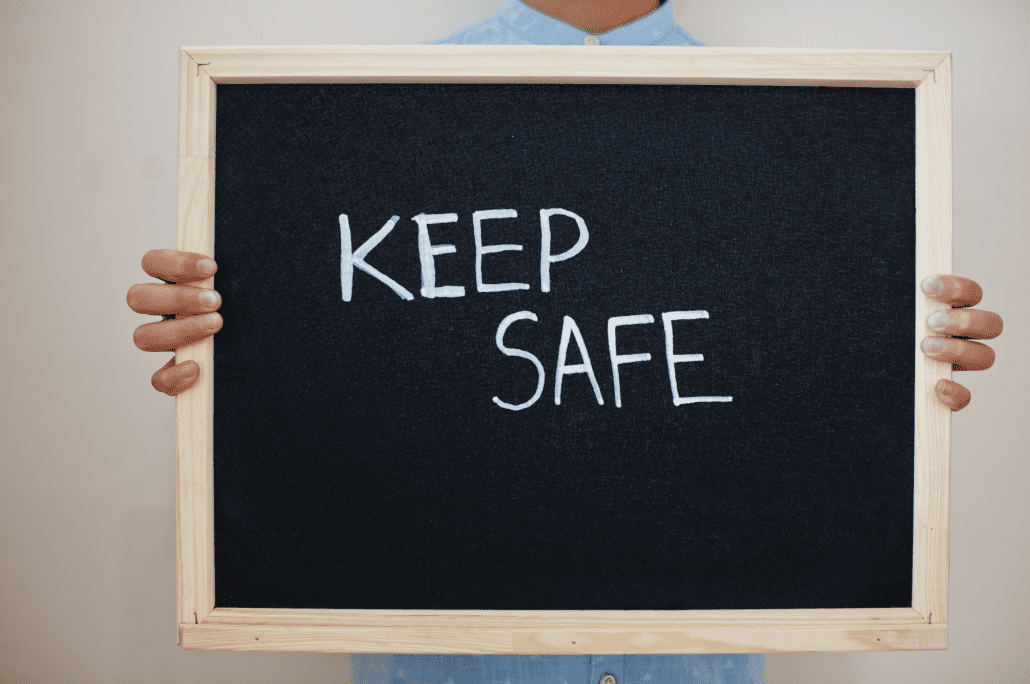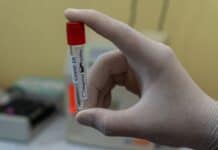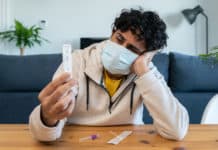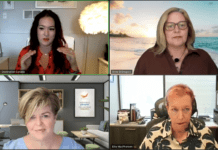
COVID preparedness should be second nature for most event planners after two years of pandemic, but with restrictions lifting and infection rates still fluctuating, it can be difficult to know how much preparedness is enough. Here’s how one organization handled it for a recent event.
Alation’s International Company Kick Off, a four-day event held at the MGM Grand in Las Vegas in early February 2022, was a case study in COVID preparedness. The event drew about 300 people from 12 different countries, so even though mask mandates had been lifted for the city just the week before the event, David Stevens, Director, Global Events & Field Marketing with Alation, knew that they would need to have protocols in place that would both keep attendees safe on site and make it easy for them to return to their home countries after the event ended.
Here’s how they did it:
Pre-event COVID preparedness: Alation hired a third-party on-site health security company to help put in place the necessary COVID preparation, protocols and protections. The company kept a list of the countries people were coming from and asked the health security company to keep them abreast of what requirements they would need. “We worked with them through the process and adjusted course as needed as the situation ebbed and flowed,” says Stevens.
All who intended to come to the kick-off had to provide proof of vaccination ahead of time. Those who could not provide proof of vaccination were not allowed to attend.
Attendees also were asked to test prior to departure for the event to ensure they were negative for COVID-19. If they tested positive, they stayed home with no financial impact, says Stevens.
COVID preparedness on-site: “If anyone felt symptomatic, they would message their manager and we would arrange for a test to be done in their room,” Stevens says. If anyone had tested positive, they would have followed protocols — and the venue had a plan in place for just that situation. Fortunately, though one person did say they felt a little off, they tested negative for COVID.
Post-event protocols: Alation worked with a clinic to create a popup testing clinic the morning of departures for all international travelers so they could get the appropriate level test based on their country’s entry requirements, Stevens says. “If you are inviting people from international destinations, and you want them to get home, it’s the right thing to do.”
The result? Zero positive cases, and everyone got home with no issues.
Stevens says the key is to not let your guard down, because the virus is not done with us yet. “You have to our job is to plan for the worst and hope for the best. So be prepared, be communicative.” That includes have the conversation with the venue as well as attendees and other stakeholders.
Also, he adds, make sure that everybody is in alignment with who your trusted source of information is going to be at the start of the planning process. Whether that trusted source is the World Health Organization, the CDC, the NHS or something else, “Pick it, stick with it, and follow through by communicating it to your attendees and everyone else involved so that everybody knows where you’re getting your information and why you’re making the decisions you make.”
You May Also Be Interested In
How to Plan Events in an Uncertain World
CDC Eases Health Restrictions on Cruising










